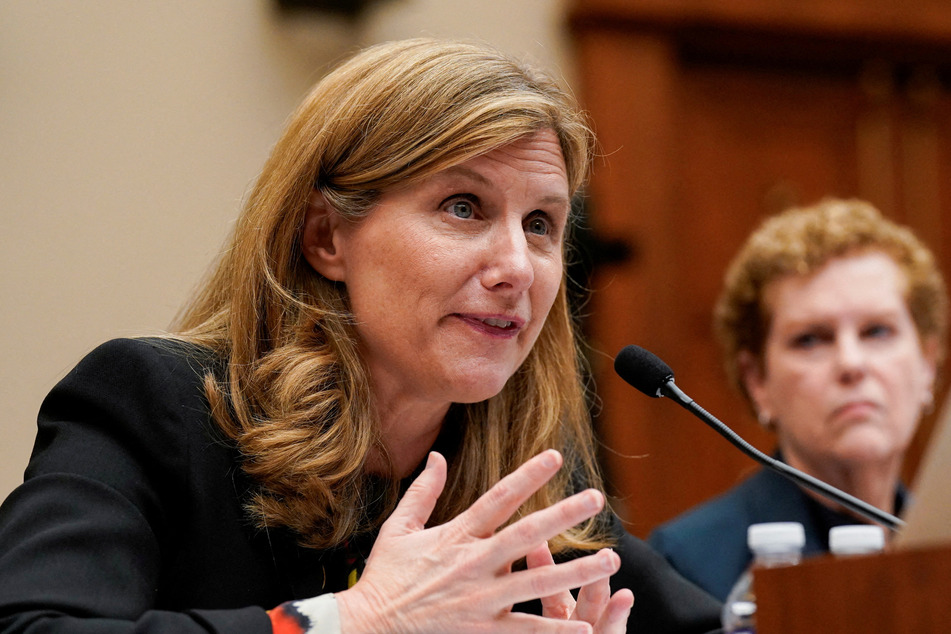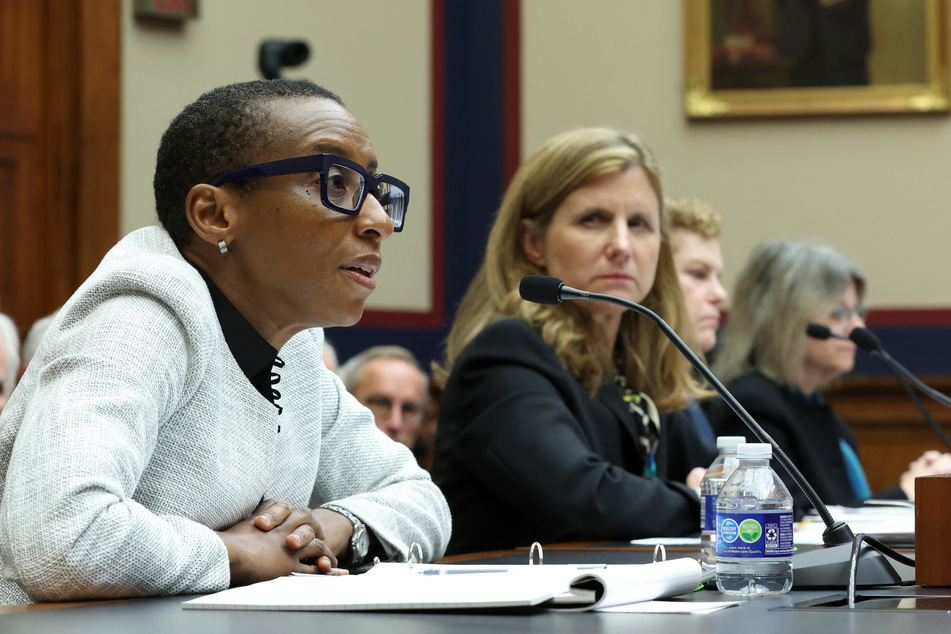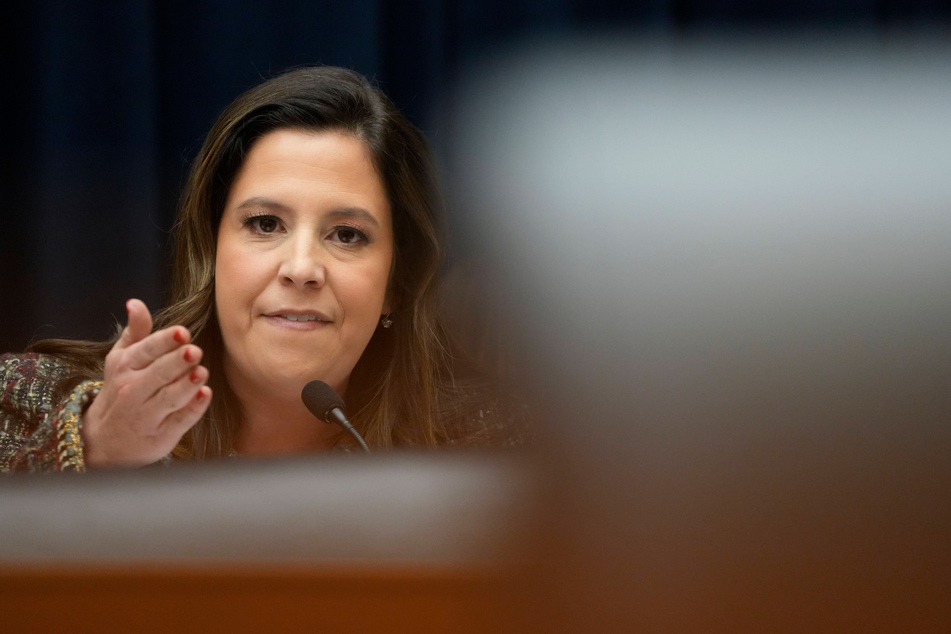University of Pennsylvania president resigns after antisemitism hearing
Philadelphia, Pennslyvania - The president of an Ivy League university stepped down Saturday in the wake of a firestorm of criticism after a congressional hearing on the rise of antisemitism on US campuses.

University of Pennsylvania President Elizabeth Magill "voluntarily tendered her resignation," the chair of the university's board of trustees, Scott Bok, announced.
Bok also stepped down himself, a university spokesman confirmed to AFP.
Magill was among three presidents of elite universities who faced withering criticism following their testimony Tuesday during a congressional hearing on campus antisemitism.
The trio gave long, legalistic, and seemingly evasive answers at the hearing when asked whether students who call for the "genocide of Jews" on their campuses violate codes of student conduct.
Blowback was rapid and intense.
Seventy-four lawmakers wrote letters demanding the immediate removal of Magill and the presidents of Harvard University and the Massachusetts Institute of Technology.
Pennsylvania's Democratic governor called Magill's performance "absolutely shameful," and a major donor said he would rescind a $100 million gift to the university's Wharton School of Business.
University presidents faced backlash for testimony in congressional hearing

At Tuesday's hearing, Republican congresswoman Elise Stefanik asked each of the presidents if calling for the genocide of Jews violated university rules or codes of conduct.
"If the speech turns into conduct, it can be harassment, yes," Magill responded, according to a transcript on Stefanik's office website.
Stefanik pressed on: "I am asking, specifically calling for the genocide of Jews, does that constitute bullying or harassment?"
If it is directed and severe, pervasive, it is harassment," Magill said.
"So the answer is yes," Stefanik queried.
"It is a context-dependent decision, congresswoman," Magill responded.
When Stefanik heard similar answers from the others, she erupted: "It does not depend on the context. The answer is yes, and this is why you should resign."
Harvard's president, Claudine Gay, apologized afterward for failing to more strongly condemn threats of antisemitic violence on her campus.
Bok, who helms the University of Pennsylvania's board of trustees — a body that handles major governance issues — said Magill made "a very unfortunate misstep" as he announced her departure, student newspaper The Daily Pennsylvanian reported.
In Bok's note to the campus, he said Magill would stay in her post until an interim president is appointed and would remain on the faculty of the university's law school.
Hate crimes targeting Jewish, Muslim, and Arab communities on the rise

With Magill gone, Stefanik turned her sights on Harvard and MIT, tagging both schools in a post on X, formerly Twitter.
"Do the right thing," she said. "The world is watching."
Antisemitism and hate crimes targeting Jewish and Muslim people have risen in the United States and on university campuses since the October 7 attack on Israel by Hamas militants and the ensuing war in Gaza.
With passions inflamed on campuses, a broader debate has taken place about the boundaries between freedom of speech and deeply offensive, even inflammatory language.
Dani Dayan, chairman of Jerusalem's Yad Vashem Holocaust Memorial Center, decried that the "epicenter of antisemitism in the US is now the college campuses, and especially the Ivy League," likening the problem to a "cancerous" growth.
"I think we were in stage one a few years ago with all those student referendums about BDS, et cetera," Dayan said, referring to the Boycott, Divestment, and Sanctions movement, which advocates political and economic action against Israel over its treatment of Palestinians.
"Administrations did not take any action then... and we reached stage two. If the necessary measures are not taken now, we will reach stage three and stage four."
Israeli Prime Minister Benjamin Netanyahu said the Jewish community was countering this current trend of antisemitism.
"The important thing that is now happening is that friends and leaders in the Jewish community are finally standing up," he said at a weekly cabinet meeting. "This is the only way to fight it: With pride and honor, not with bowed heads."
Cover photo: REUTERS

